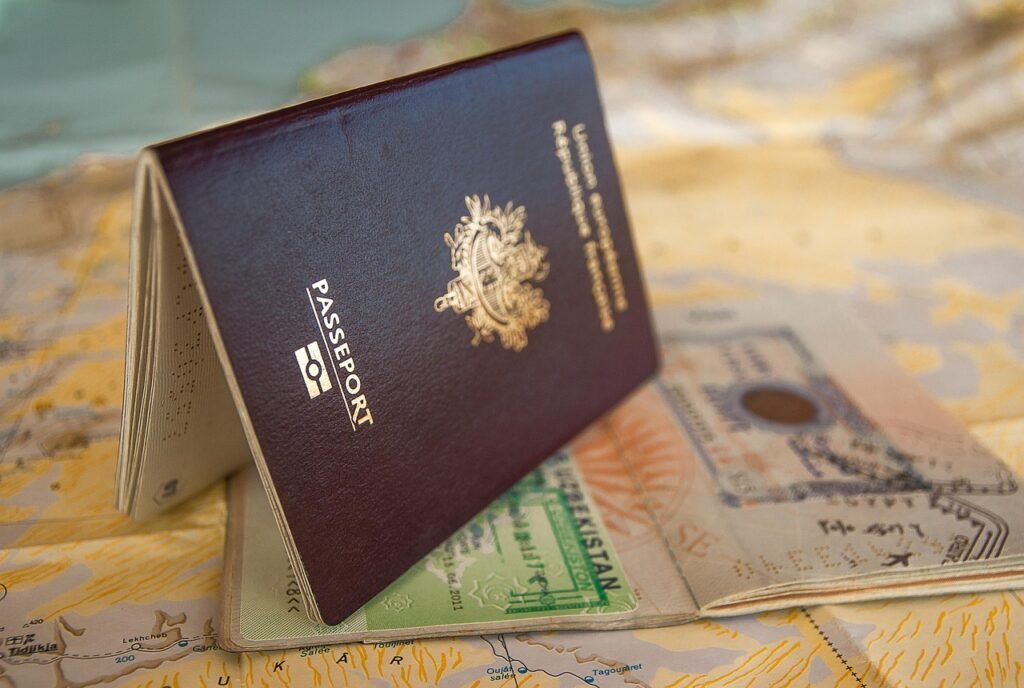
If you plan to study in the UK—or you’re already here—you must understand the latest rules from UK Visas and Immigration (UKVI). As of September 2025, several big changes affect visas, dependents, and work rights. The government introduced these updates to tighten compliance and stop misuse of the system.
The good news? You can still enjoy the benefits of studying in the UK. But you need to handle paperwork, deadlines, and post-study plans more carefully than before. Here’s what the new UKVI rules mean for you.
1. Tougher Compliance Rules for Universities
The UK government now expects universities to meet stricter standards when sponsoring international students.
- Enrollment Rate: Universities must ensure that 95% of international students who receive offers actually enroll (up from 90%).
- Course Completion Rate: Institutions must see at least 90% of international students complete their programs (up from 85%).
- Visa Refusal Limit: Universities can’t exceed a 5% visa refusal rate (down from 10%).
UKVI also launched a traffic-light banding system. It rates universities as green, amber, or red based on compliance. If a university gets poor ratings, UKVI can restrict its ability to recruit international students.
On top of that, the new Agent Quality Framework (AQF) forces universities to monitor recruitment agents and hold them to high standards. This prevents agents from submitting fraudulent or misleading applications.
What this means for you: Choose a university with a strong compliance record, or you might risk problems with your visa.
2. New Restrictions on Dependents
If you want to bring family with you, you’ll face tighter rules.
- Students on taught master’s programs (RQF level 7) can no longer bring dependents unless the course is research-based.
- Only the following students can bring dependents:
- PhD or doctoral students (RQF level 8).
- Students enrolled in research-based higher degrees.
- Government-sponsored students studying longer than six months.
If UKVI refuses your student visa, it will also reject your dependents’ applications.
What this means for you: If you plan to study a master’s course and bring your spouse or children, you’ll need to adjust your plans.
3. Work Rights and Post-Study Opportunities
International students can still work in the UK, but the government reduced some opportunities.
- Graduate Route Visa:
- Undergraduate and master’s graduates now receive 18 months (down from two years).
- PhD graduates still get three years.
- Part-time Work During Studies: Students may still work up to 20 hours per week during term and full-time during official holidays.
What this means for you: You’ll need to start job hunting earlier, use university career services, and build connections while you study.
4. Digitalization of Visas
The UK is moving to a fully digital system.
- Since July 15, 2025, applicants from countries like Nigeria and Ghana now receive eVisas instead of physical vignettes.
- By the end of 2024, UKVI will remove Biometric Residence Permits (BRPs) and replace them with a digital UKVI account.
What this means for you: Keep your UKVI online account updated and accessible. You will use it as proof of your immigration status.
5. Increased Scrutiny and Warnings
UKVI now contacts international students directly through official emails and text messages. These warnings remind students not to overstay their visas and explain the consequences. The government will remove anyone who stays illegally and may block their return.
This campaign responds to the growing number of asylum applications from students who originally entered on student visas.
What this means for you: Follow every visa condition closely. Don’t risk overstaying or breaking work limits.
Practical Implications for International Students
These new rules might feel strict, but you can adapt if you plan carefully:
- Expect tougher checks during your visa application.
- Allow extra time because universities may process CAS letters more slowly.
- Prepare for dependent restrictions if you plan to study a master’s degree.
- Start career planning early since the Graduate visa gives you less time.
- Research your university’s compliance record before you apply.
Final Thoughts
The UK still offers amazing opportunities for international students, but the system now demands more attention to detail. If you stay informed and prepare early, you can avoid problems and focus on building your future in the UK.
Don’t wait—adjust your plans now, and you’ll set yourself up for success.



